
The resources minister, Jo Churchill, was quizzed by MPs on the Environment Food and Rural Affairs (EFRA) committee as part of its inquiry into plastic waste.
She was joined by Chris Preston, Defra’s deputy director for resources and waste, and Steve Molyneux, interim deputy director for waste regulation at the Environment Agency.
Ms Churchill said the next round of consultation responses for both the deposit return scheme (DRS) and consistent collections in England would be published “soon”.
She said the policies had been designed to drive private sector investment in the recycling sector, alongside other waste reforms.
The minister explained: “The information I have is that industry, who I have spoken to at some length, are ready and willing to invest. There is £10 billion of private funding sitting there and waiting to be invested.
“The incentives are there. We are consulting on stopping exports to non-OECD countries, so as we drive lower consumption, better recycling and driving to less exports, to do that you need to have the system here. The estimate is that will drive 3,000-4,300 jobs into the industry.”
This was the first EFRA committee session chaired by interim chair Geraint Davies after the former chair, Neil Parish, stood down.
Industry are ready and willing to invest
- Jo Churchill, Defra minister
Legislation
Ms Churchill said the waste sector was an “exciting industry” undertaking a lot of innovation to ensure products were designed for the future.
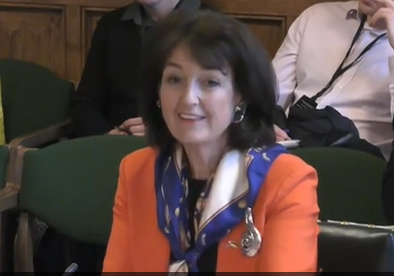
“We’re stimulating that through tax and our work, making sure we’re getting the answers to the recycling infrastructure, making sure we have that and are tackling the 350,000 tonnes capacity gap,” she said.
Ms Churchill said Defra would tackle the capacity gap through legislation, using the example of a plastic tax. “You need the raw material, therefore you drive the infrastructure,” she said. “Beyond that, I want us to design a system to drive the invectives.
“We want to recycle more, stop exporting, but this can only be done if you deal with these products now.”
The minister added that she would not be against increasing the percentage of recycled content needed under the tax as infrastructure continues to grow.
Encouragement
Echoing Ms Churchill, Chris Preston said Defra was working closely with industry to find out what was required to drive investment in domestic recycling infrastructure.
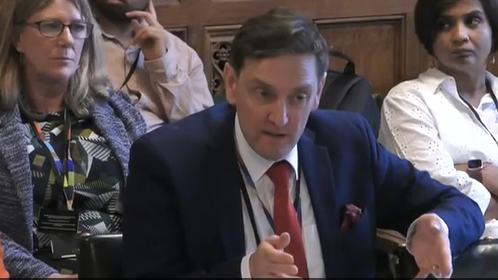
He said some of the decisions the department had made on EPR “will give this certainty”. He said setting targets to 2030, for example, meant businesses know the legislation and requirement to collect this material will be there.
On the local authority front, he said: “EPR will drive one of the largest injection of resources into local authority budgets through the fees to producers for the long-term. We are providing this.
“One of the questions is about local authorities giving longer term contracts, say eight years instead of five. That is something for local authorities to think about now they have that certainty as well.”
Exports
Kirsty Blackman from the SNP quizzed the panel on waste exports. She questioned whether the ban on exports to non-OECD countries would have the desired effect, considering most exports go to Turkey, which is an OECD country.
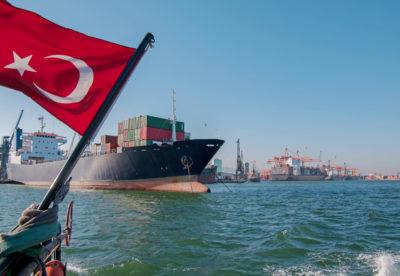
Ms Blackman pointed to reports from Greenpeace which showed UK waste being dumped in Turkey.
In response, Ms Churchill said she was “not considering” banning Turkey as a destination country. She pointed to the “developed recycling infrastructure” in Turkey and efforts to clamp down on non-compliance.
As can be seen below, Mr Molyneux outlined the steps the Agency has taken to tackle the issue, including working closely with Turkish authorities and setting up an internal taskforce.





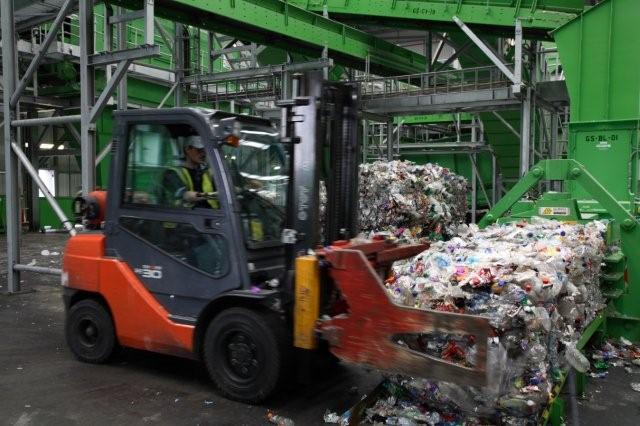
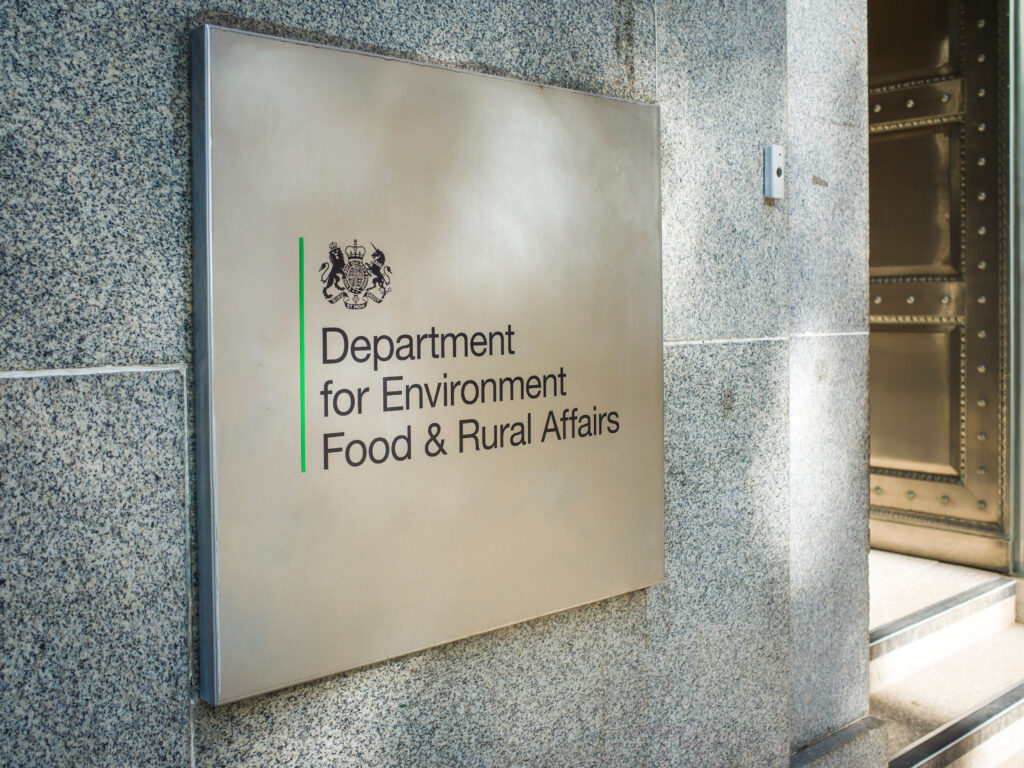
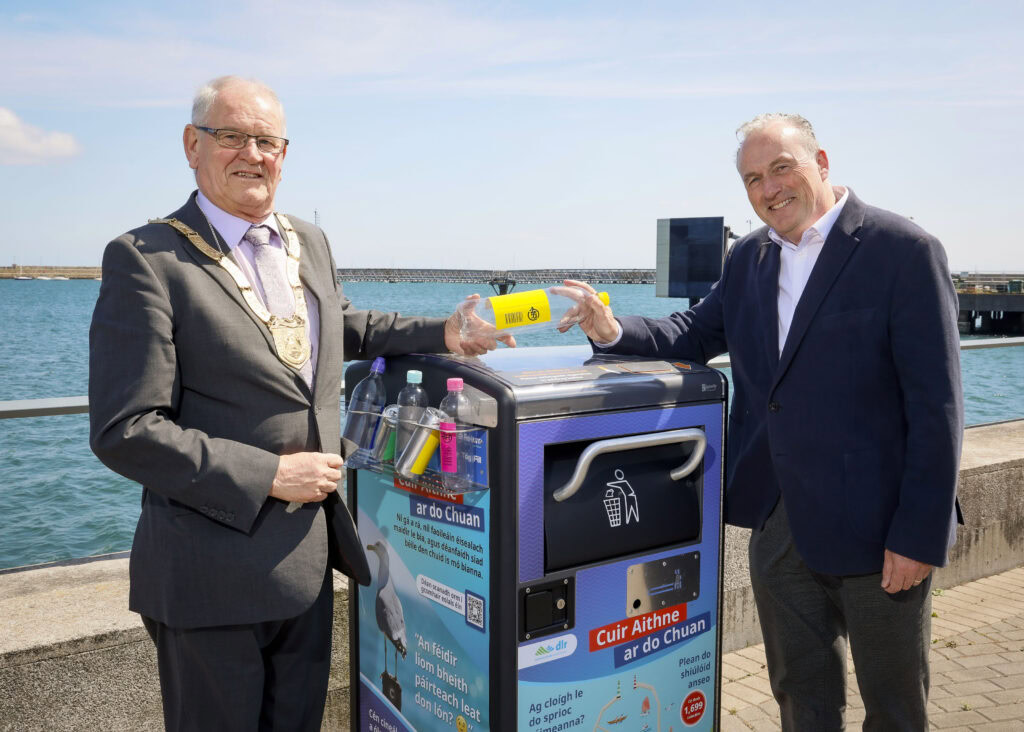

Subscribe for free